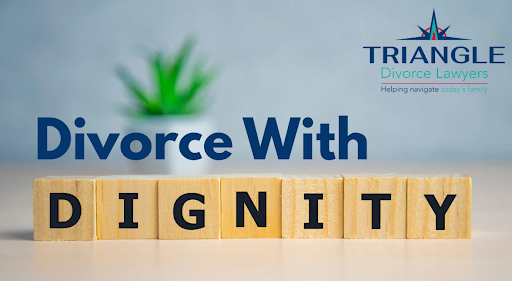By: Hannah Hardy
Divorce can be a tumultuous experience for families, and when it happens later in life, adult children often find themselves in an unexpected emotional maelstrom. One of the most challenging aspects can be the instinct to protect one parent over the other. Navigating these emotions while maintaining your own well-being is crucial. Here’s a guide to help adult children balance these complex feelings.
Understand Your Protective Instincts
Feeling protective over one parent is a natural reaction. This parent might seem more vulnerable, or you might feel a stronger emotional connection to them. Recognize that these feelings stem from a place of love and concern. Acknowledge these emotions without letting them cloud your judgment or drive a wedge between you and the other parent.
Maintain Open Communication
Clear, honest communication is essential during this time. Talk to both parents about your feelings and concerns without taking sides. Express your need to support both while explaining how the situation affects you. Open dialogue can prevent misunderstandings and foster a supportive environment.
Set Boundaries
Establishing healthy boundaries is crucial. Let your parents know what you are comfortable discussing and where you need to draw the line. For instance, you might choose not to be involved in conflicts or not want to hear negative comments about the other parent. Boundaries help maintain your emotional health and prevent you from becoming a mediator.
Seek Neutral Ground
It can be helpful to find a neutral space where you can process your emotions without bias. This might involve talking to a therapist or counselor who can provide an impartial perspective. Professional guidance can help you navigate your feelings and offer strategies to manage your protective instincts effectively.
Support Both Parents
While it’s natural to feel protective over one parent, try to offer balanced support. Both parents are going through a significant life change and likely need different forms of support. Listen to their needs, offer empathy, and be there for both in ways that are healthy and sustainable for you.
Focus on Self-Care
Amidst the emotional turmoil, don’t neglect your own well-being. Engage in activities that help you relax and recharge. Whether it’s spending time with friends, pursuing hobbies, or practicing mindfulness, self-care is vital to maintaining your emotional resilience.
Manage Family Dynamics
Family gatherings and holidays can become complicated post-divorce. Discuss plans openly with both parents and set realistic expectations. Strive for flexibility and understanding, recognizing that new traditions might need to be established to accommodate the new family structure.
Embrace the New Normal
Accepting that family dynamics have changed is part of the healing process. While it’s essential to respect the past, focus on building new, positive relationships with both parents. Encourage them to do the same, fostering a healthy post-divorce environment for everyone.
Conclusion
Navigating your parents’ divorce as an adult child, especially when feeling protective over one parent, is a complex and emotionally charged journey. By maintaining open communication, setting boundaries, and seeking professional support, you can manage these challenges more effectively. Remember to balance your protective instincts with empathy for both parents, all while taking care of your own emotional health. Through understanding and patience, you can support your parents and yourself through this significant life transition.





